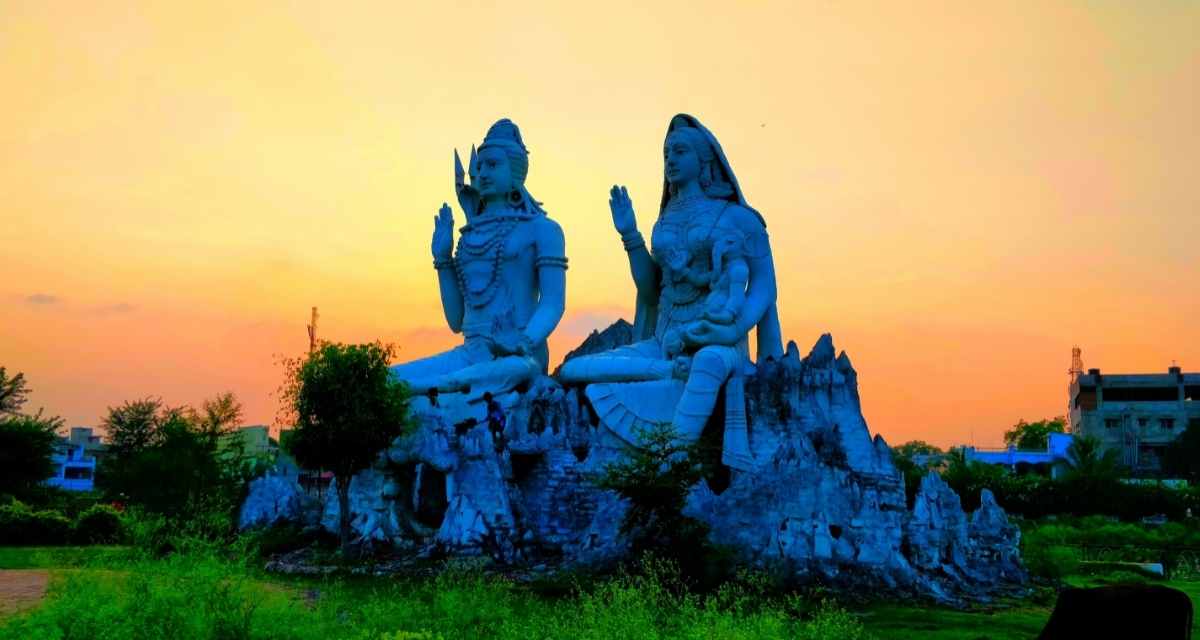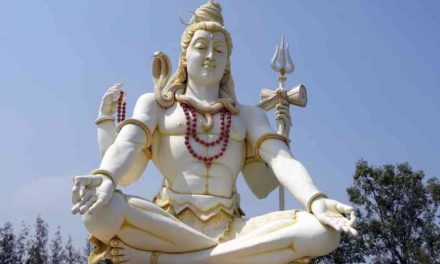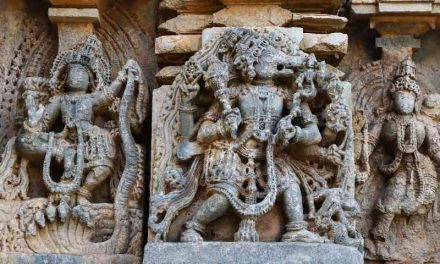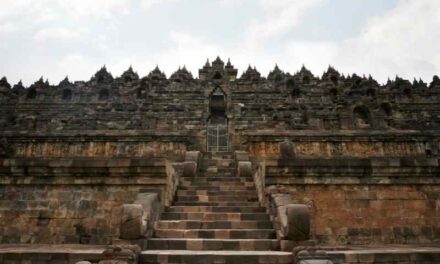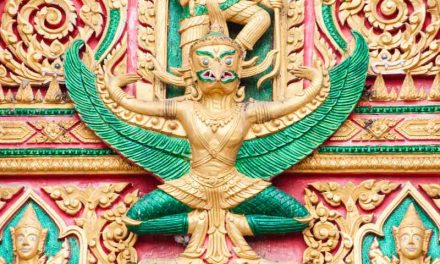Hindus believe that God is the Absolute, Formless, and Unique Reality known as Brahman, the Supreme, Universal Soul. Brahman is the cosmos and everything that exists within it. Brahman is beyond form or bounds; it is Reality and Truth. Let us look at some of the Hindu gods of India who are worshipped as personality attributes.
The Holy Triad of Brahma, Vishnu, and Shiva, the creator, sustainer, and destroyer of worlds, is foremost among the many Hindu gods and goddesses (in that order). Occasionally, the three may manifest as an avatar, personified by a Hindu deity or goddess. However, the most famous of these gods and goddesses are significant deities in and of themselves.
As a result, Hinduism is a pantheistic religion, in which God is equated with the cosmos. Hinduism, on the other hand, is polytheistic: it is inhabited by an unlimited number of gods and goddesses who personify elements of the one real God, enabling people an infinite number of ways to worship according to family custom, community and regional traditions, and other factors.
The following are only a few of the many Hindu gods of India :
Brahma, the Supreme Being
Brahma is the first member of the Hindu Trinity and is referred to as “the Creator” since he produces everything in the world on a periodic basis. (The term “periodically” alludes to the Hindu concept that time is cyclical; everything in the world, with the exception of Brahman and specific Hindu texts, is produced, sustained for a certain length of time, and then destroyed in order to be recreated in its perfect form.)
Vishnu, the Sustainer
Vishnu is the Hindu Trinity’s second deity. He upholds the universe’s order and harmony, which is produced and destroyed on a periodic basis by Brahma and Shiva in preparation for the next creation.
Vishnu is worshipped in a variety of forms and avatars (incarnations). Vishnu is a significant and rather enigmatic deity. Vishnu is the pervader – the divine spirit that permeates the world. He is less apparent than nature gods who rule over elements (such as fire and rain). He is often worshiped as an avatar (see below).
Shiva, the Conqueror
Shiva is the third member of the Hindu Trinity and is charged with the job of destroying the world in order to prepare for its regeneration at the conclusion of each time cycle. Shiva’s destructive force is regenerative: it is the essential precursor to regeneration.
Hindus usually pray Shiva before to embarking on any religious or spiritual activity; they think that the simple uttering of his praise or name eliminates any negative vibrations in the direct vicinity of devotion.
Ganapati, the Obstacle Remover
Ganapati, sometimes spelled Ganesha, is Shiva’s first son. Lord Ganapati, who has an elephant head, has a particular place in Hindu hearts since he is regarded as the Remover of Obstacles. Most Hindu homes have a portrait or statue of this deity, and it is not unusual to see tiny copies of Ganapati hanging from the rearview mirrors of automobiles and trucks!
Vishnu’s Avatars
The term avatar literally means “descent,” and it is often believed to refer to divine descent. Avatars are divine savior forms that descend to earth to assist in restoring dharma (moral order) and peace whenever assistance is required. Rama and Krishna are two of Vishnu’s ten incarnations.
Rama one of the most revered Hindu gods of India
Rama is one of the most revered Hindu gods and the protagonist of the Ramayana, a Hindu epic. He is shown as the perfect son, brother, spouse, and monarch, as well as a devout follower of dharma. Millions of Hindus take pleasure from reading and remembering Rama’s ordeals as a young prince banished from his country for 14 years.
Krishna
If there is one Hindu deity whose name is universally known and acknowledged, it is Krishna. Hindus see Krishna as the instructor of the holy text known as the Bhagavad Gita and as Arjuna’s buddy and mentor in the epic Mahabharata.
Krishna is a pleasure to his followers, full of mischievous antics. Most importantly, Lord Krishna’s promise to mankind that he would materialize and come to earth if dharma deteriorates has maintained Hindu trust in the Supreme Being for thousands of years.
Saraswati, the Educator’s Goddess
Saraswati is Brahma the Creator’s spouse and is revered as the goddess of knowledge, wisdom, speech, and music. Hindus worship to Saraswati before embarking on any intellectual endeavor, and Hindu students are urged to do so throughout the school/college year, particularly before to and during exams.
Lakshmi
Lakshmi is the goddess of prosperity, riches, and happiness. As Vishnu’s companion, she is present in every incarnation. (She is Sita, Rama’s wife; Rukmini, Krishna’s wife; and Dharani, the wife of Parashu Rama, another manifestation of Vishnu.)
Goddess Durga
Durga Devi is a formidable, even terrifying goddess who battles valiantly to restore dharma (moral order). While Durga is frightening to her enemies, she is kind and loving toward her followers.
Indra, king of the gods and ruler of the heavens. Indra wields a thunderbolt and serves as a guardian and rainmaker. Durga is the mother goddess, and she embodies the gods’ flamboyant energies. She is the defender of the just and destroyer of evil, and is often shown riding a lion and wielding weapons in her many arms. Durga is considered as the mother of all the Hindu gods of India.
Sun, Surya
Surya (or Soorya) is a golden warrior who arrives on seven white horses drawn by a chariot.
Agni, the deity of fire
To this day, Agni is revered in Hindu fire rituals as the sacrificer (the priest who conducts the event); the sacrifice (the ceremonial fire and the offerings put into it); and the witness to all ceremonies.
Hanuman, the king of the monkeys and a loyal servant
Hanuman appears in the Ramayana, the ancient Hindu epic. He achieved his deification by demonstrating extraordinary strength, dedication, and bravery while assisting Rama (a Vishnu avatar) in many thrilling events. Hanuman is revered as a monkey-faced deity as a sign of physical strength, endurance, service, and academic dedication.
This heavenly primate assisted Lord Rama in his fight against evil powers, which is detailed in the epic ancient Indian poetry “Ramayana.” Hindus often recite the name of Hanuman or sing his hymn, “Hanuman Chalisa,” at times of distress. Hanuman temples are one of the most often seen public shrines in India. Hanuman is one of the most worshipped Hindu gods of India.

